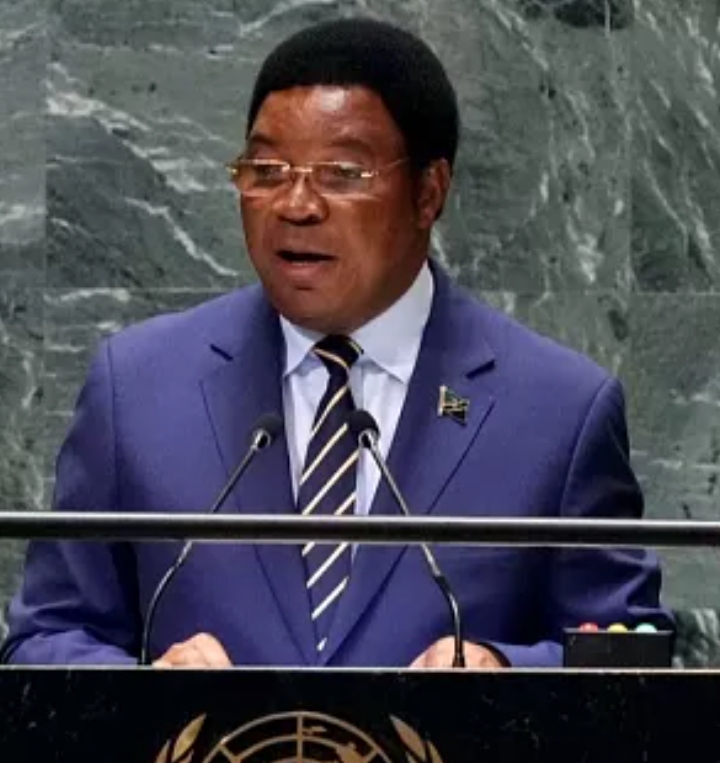Tanzania’s Prime Minister Kassim Majaliwa will not seek re-election in October, ending his time in office. His decision follows the retirement of Vice-President Philip Mpango, suggesting President Samia is reshaping her team. Majaliwa will stay active in the ruling CCM party. Meanwhile, tensions with the opposition continue, with Chadema barred from elections and its leader facing treason charges.
Tanzania's Prime Minister Majaliwa Steps Down Ahead of October Elections


Tanzania’s Prime Minister Kassim Majaliwa has officially declared that he will not be seeking re-election in the upcoming parliamentary elections scheduled for October, effectively stepping away from the possibility of continuing in his current role.
The 64-year-old political figure, who had previously indicated intentions to run for a fourth term, made the unexpected announcement on Wednesday. Speaking on the matter, Majaliwa stated that his decision was divinely inspired and made with sincerity. “It is time to allow others to build on what we have started,” he said, though he did not elaborate further on the motivations behind his withdrawal.
Majaliwa was appointed as Prime Minister in 2015 and was widely regarded as a possible successor to the late President John Magufuli. Despite the leadership transition, he retained his position under the administration of President Samia Suluhu Hassan, who is now preparing for re-election under the ruling Chama Cha Mapinduzi (CCM) party.
His announcement follows closely on the heels of Vice-President Philip Mpango’s decision to retire, made public in May. These high-profile exits have intensified speculation among political observers that President Samia is consolidating her influence within CCM and strategically reshaping her leadership team in anticipation of a second term.
Analysts suggest that Majaliwa’s decision to step aside may reflect broader political considerations, including efforts to balance religious and regional representation within the government. Tanzania has a majority Christian population, while both President Samia and Majaliwa are Muslims—a factor that may weigh on leadership dynamics within the party.
Majaliwa, who began his career as a teacher and served as a junior minister during the presidency of Jakaya Kikwete, is credited with managing a stable political transition after President Magufuli’s sudden death in 2021. He is expected to remain active within CCM as a senior figure and support President Samia’s re-election campaign.
Meanwhile, political tensions in the country remain high. The government has barred the main opposition party, Chadema, from participating in the elections after it refused to sign a code of ethics and demanded comprehensive electoral reforms. The party’s leader, Tundu Lissu, is currently facing treason charges.
On Thursday, Tanzanian authorities denied allegations that Lissu had been poisoned while in custody, dismissing the claims as false and cautioning against the spread of what they described as misleading information.
Human rights organizations have voiced concern that President Samia’s early gestures toward liberalization have given way to renewed crackdowns reminiscent of the Magufuli era. Several senior members of Chadema have been detained, and there have been instances where opposition figures have reportedly been abducted or killed.
Tanzania is set to hold its general elections later this year, with the ruling CCM party expected to maintain its grip on power, as it has consistently done since its establishment in 1977.

 বাংলা
বাংলা  Spanish
Spanish  Arabic
Arabic  French
French  Chinese
Chinese 
